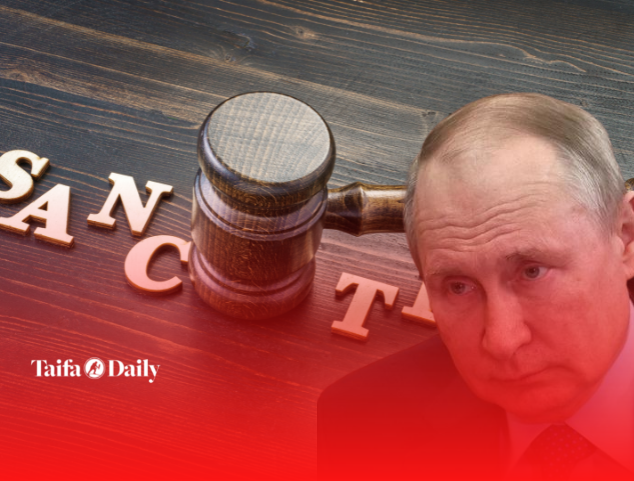It has been a month since Russia was heavily sanctioned following its aggressive invasion of Ukraine. Sanctions led to a sharp fall of ruble, but since Russia declared to sell its oil using the ruble, Russia’s currency has bounced back up against the dollar to the levels last seen before the invasion of Ukraine.
The question remains, why isn’t the ruble feeling the pinch despite massive penalties against Russia? Are sanctions not working?
The reason behind the rebound of the Russian ruble is that Russia has been doing a lot to boost the ruble – ” a lot of manipulation,” – Anthony Blinken, the US Secretary of State, said. “The people are being prevented from unloading rubles… That’s artificially propping up the value.” But these capital controls are unsustainable for an indefinite period, Blinken added.
High energy prices are pushing the ruble up
The soaring oil and gas prices have meant the value of Russia’s exports has risen, said William Jackson, the chief emerging markets economist at Capital Economics, a research firm in London.
“At that time, sanctions have caused domestic demand and imports to weaken sharply,” Jackson said. “So Russian’s trade and current account surplus are probably increase dramatically, creating demand for rubles.” As long as energy prices stay high – and as long as Russia keeps most of its oil and gas customers – the ruble will likely continue to be pushed upwards, Jackos said.
However, these factors may change. Big Russia’s gas buyers from Europe, i.e. Germany and France, are pushed to buy Russian gas in rubles, a move that would prop up the currency higher. But if they refuse and Putin decides to cut them off, that sudden halt in payment will hit the ruble.


